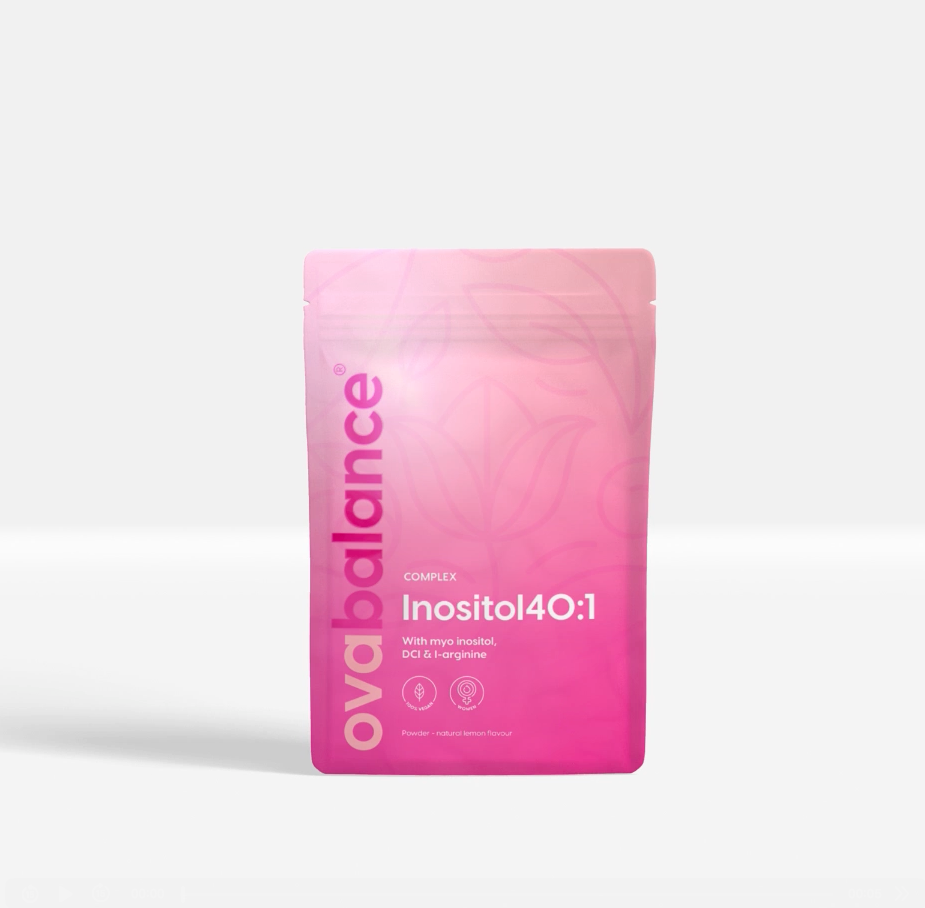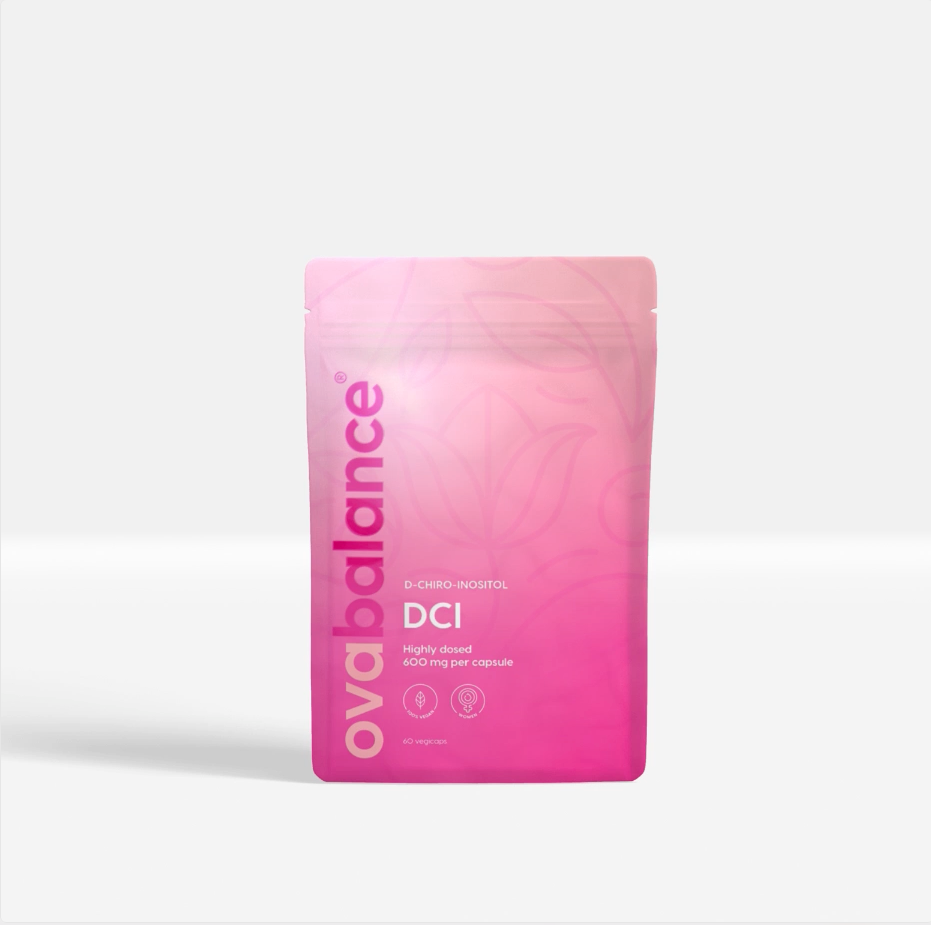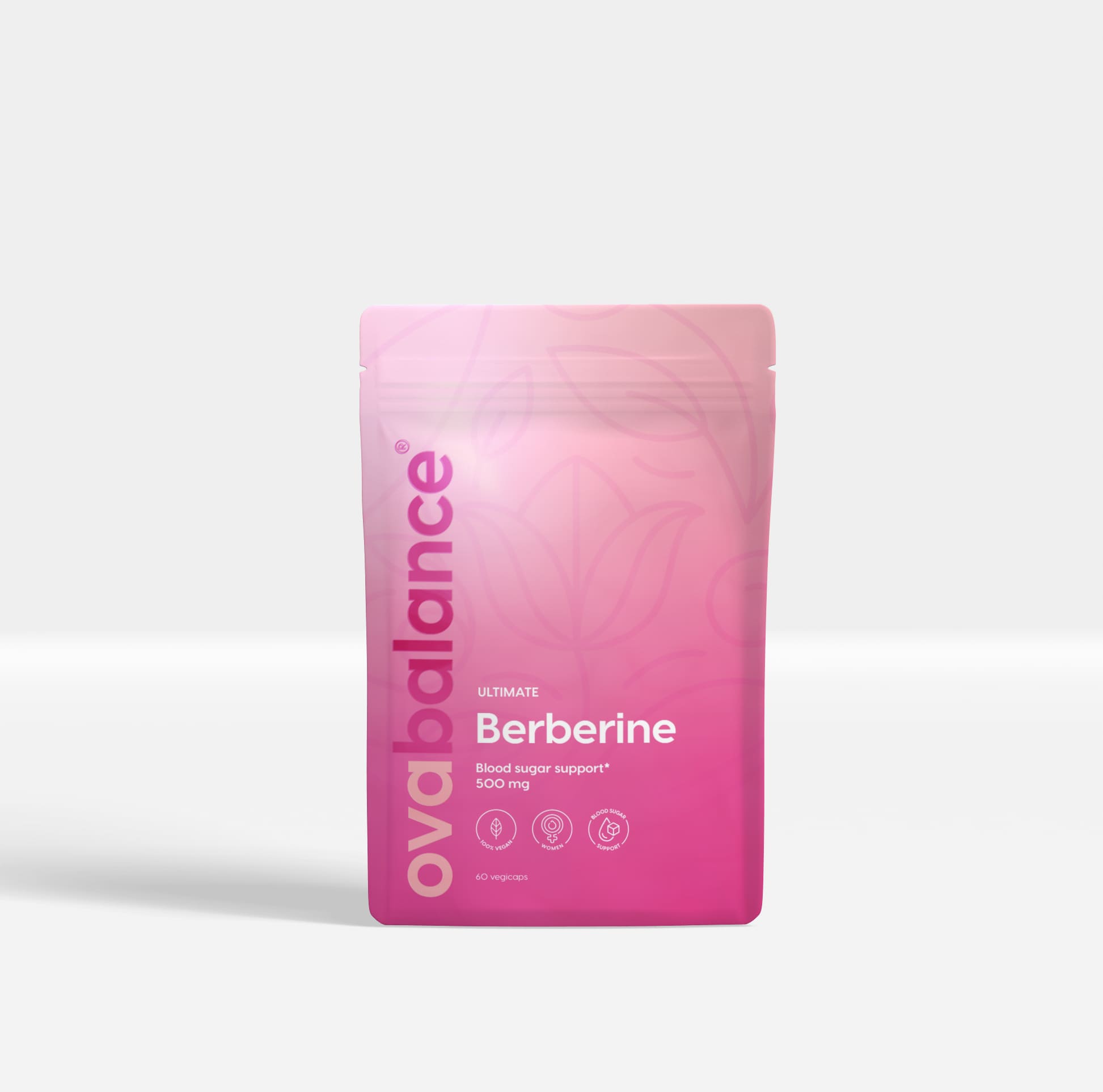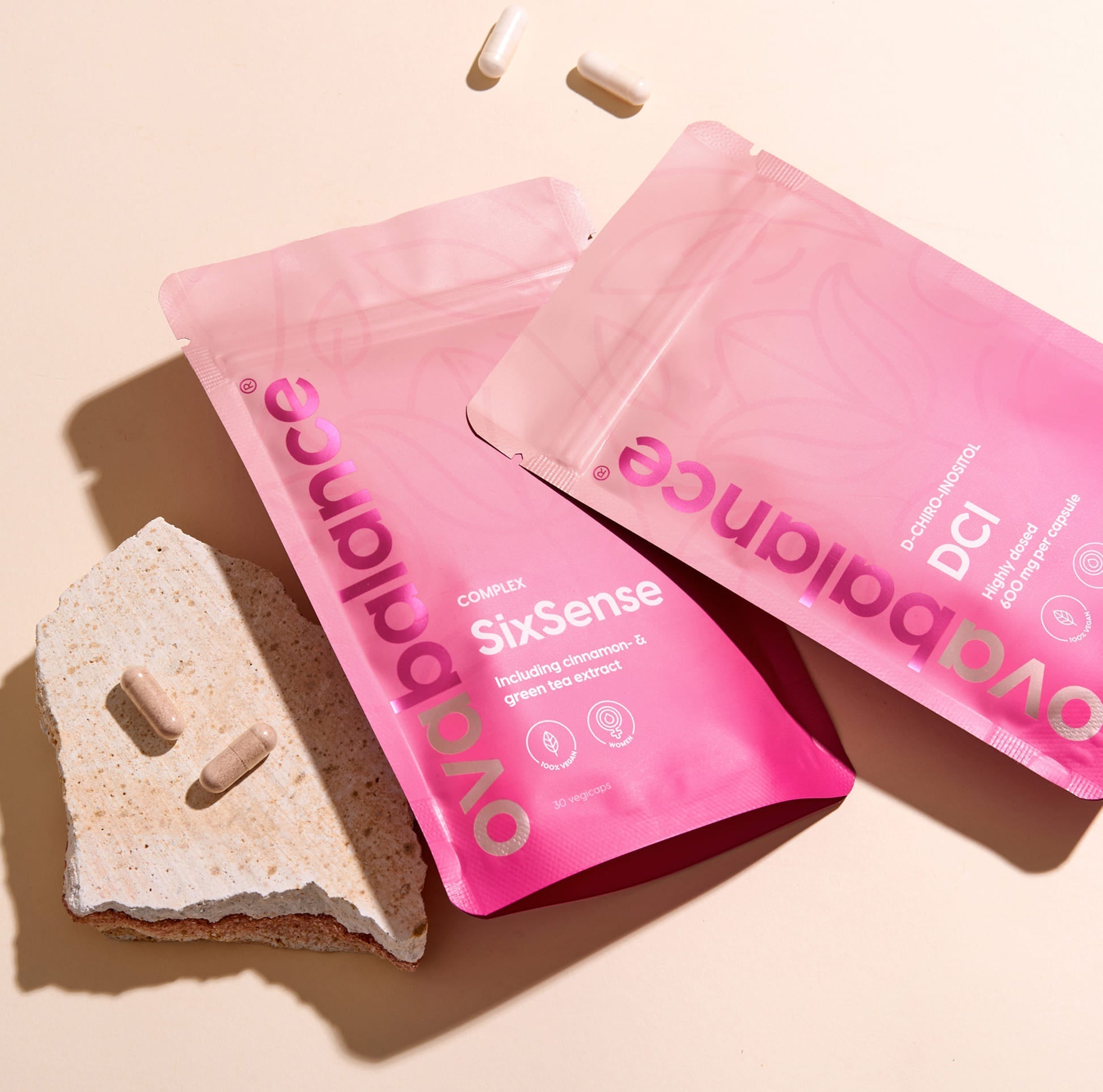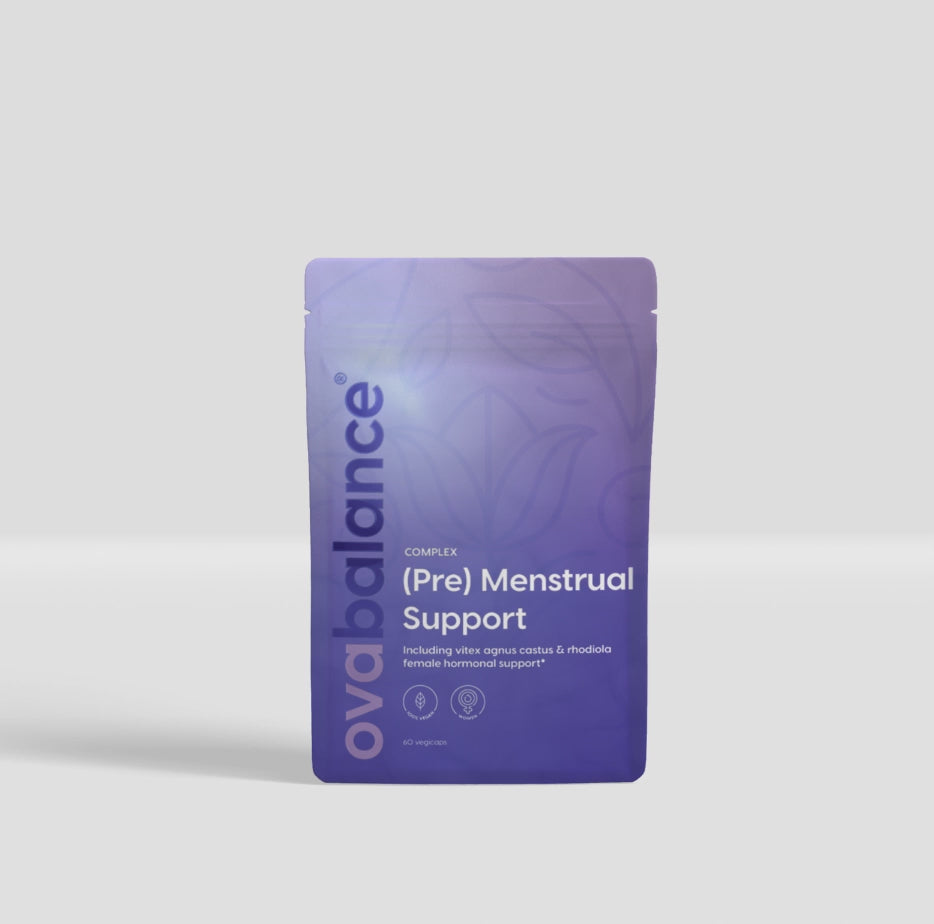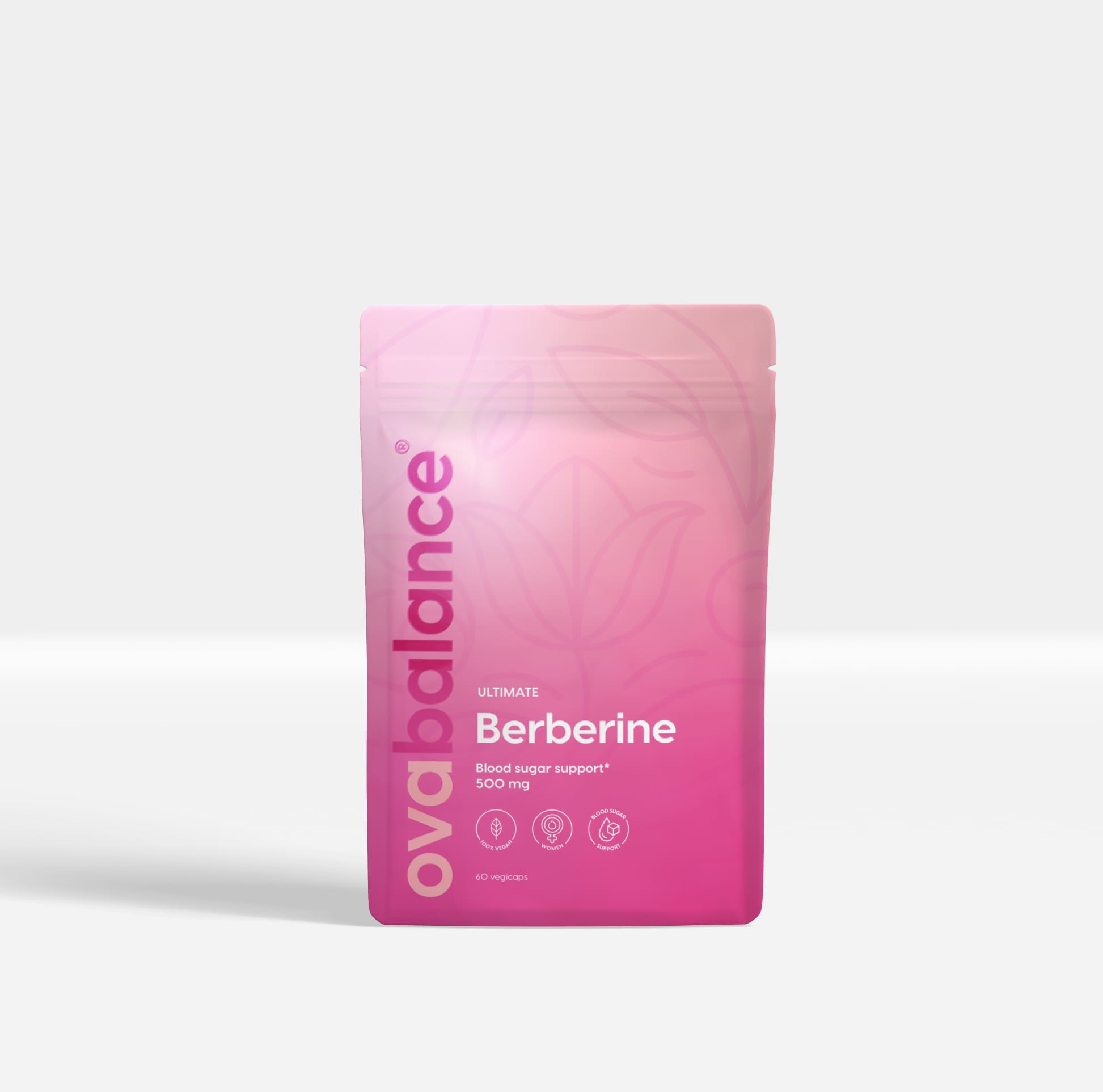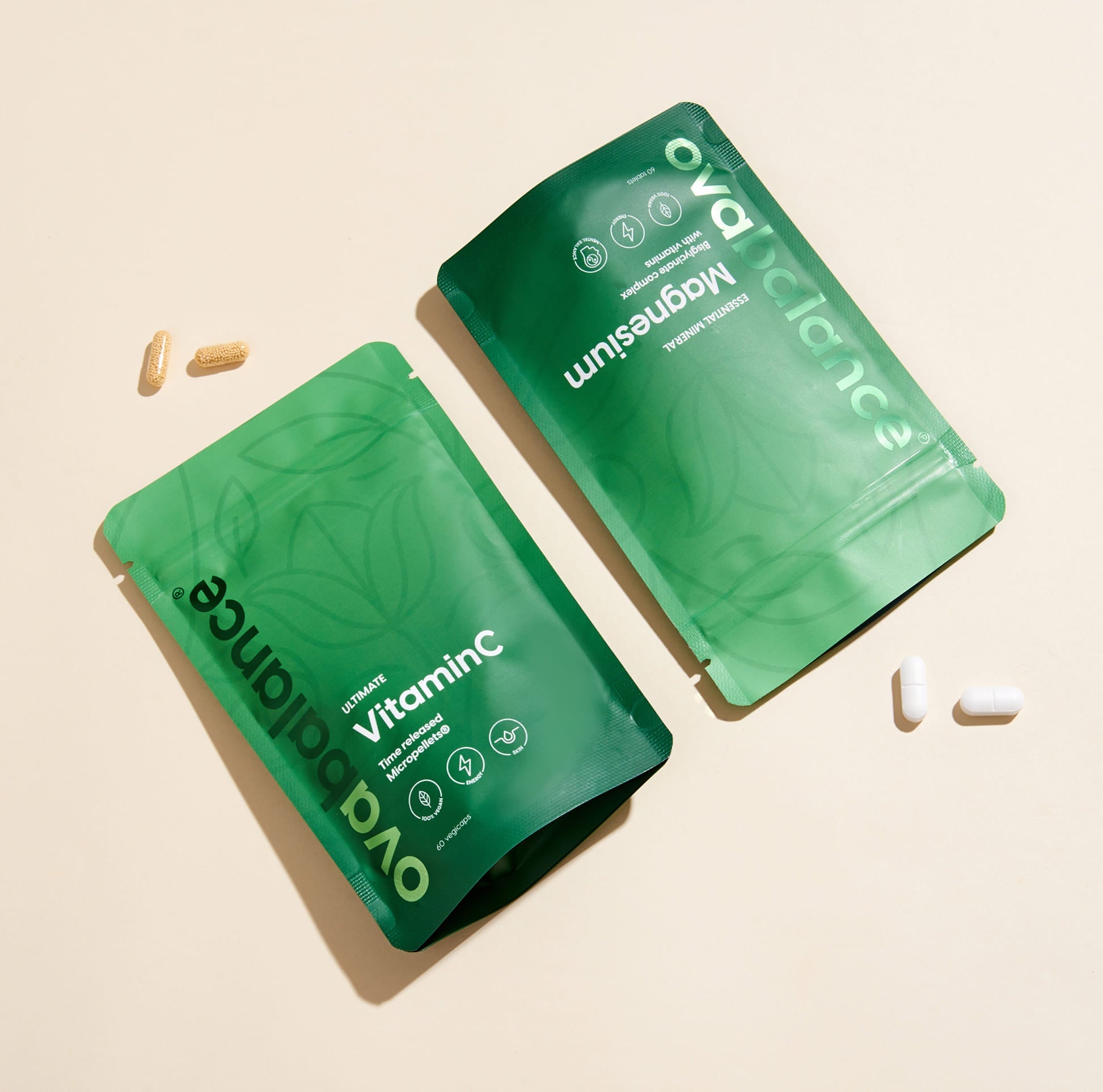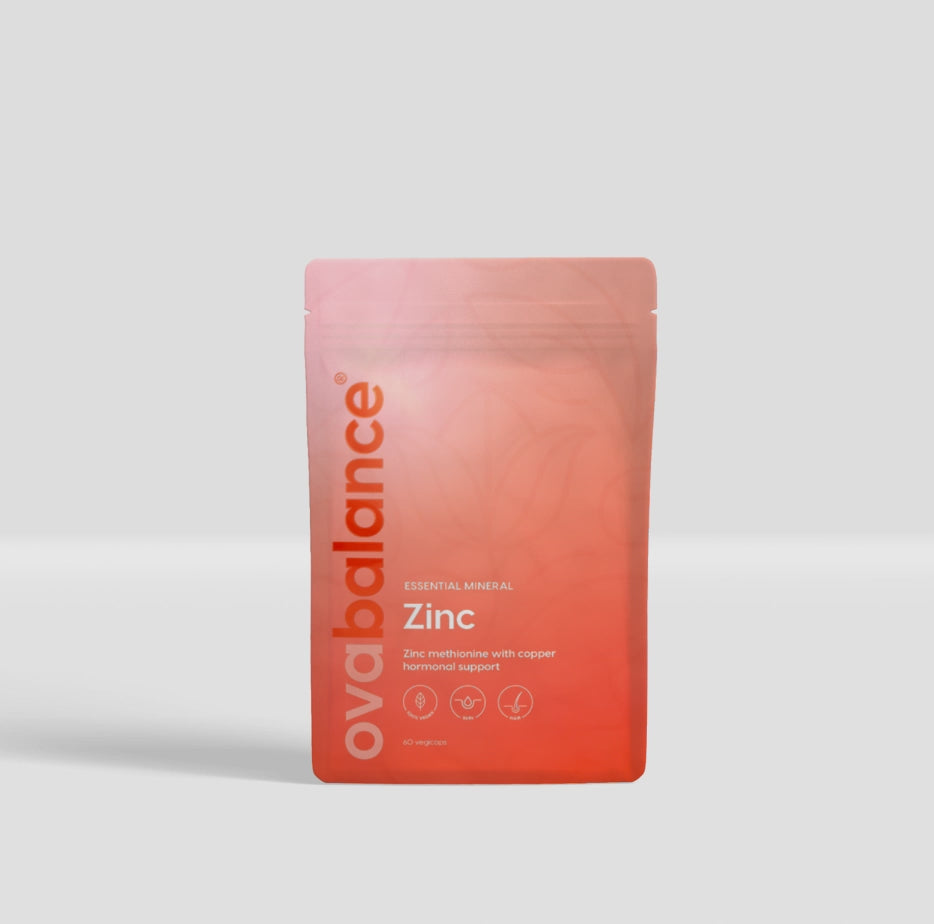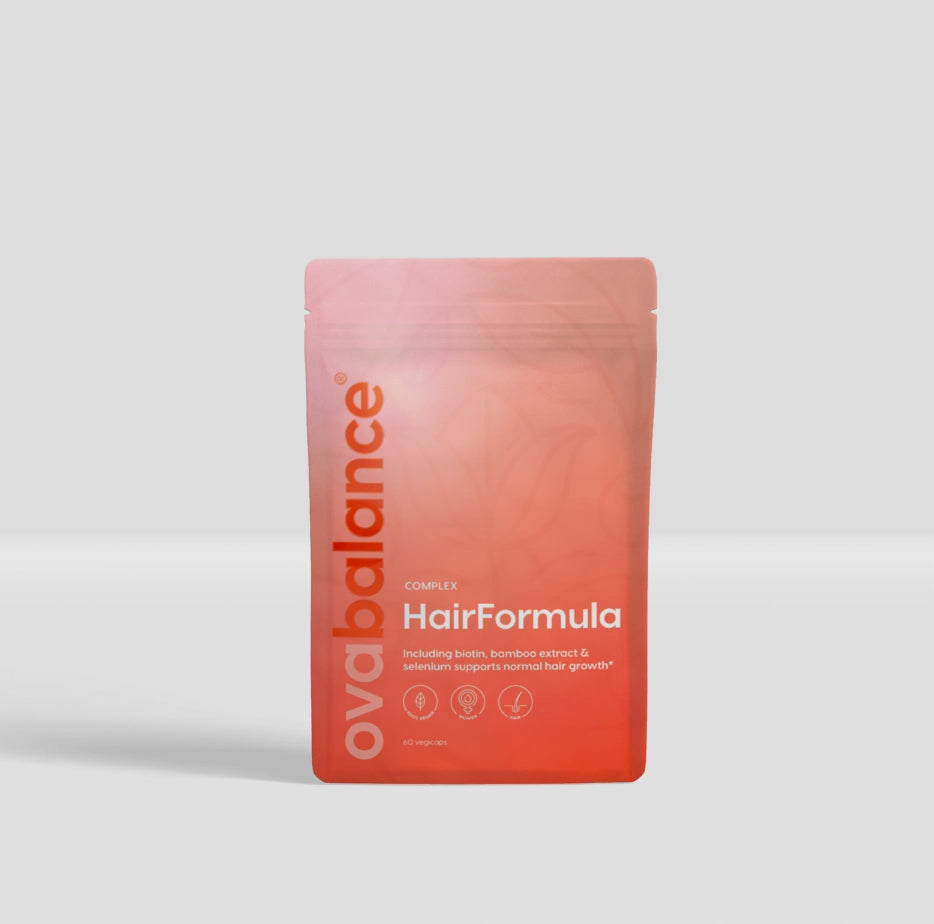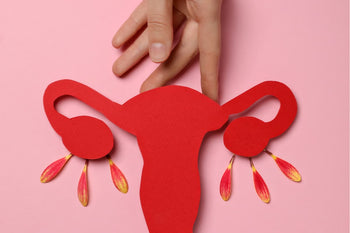

Omega 3 fatty acids play an essential role in our body and are important for good health. They are known for their many benefits and you get them through your diet. Fatty fish is an important source of omega 3. But do you eat enough fatty fish?
Omega-3 fatty acids come in different forms. The best known are alpha-linolenic acid (ALA) and the fish oils eicosapentaenoic acid (EPA) and docosahexaenoic acid (DHA). And although you can make EPA and DHA from ALA itself, this conversion is not effective enough to provide you with enough EPA and DHA.
The Health Council advises adults to consume an average of 200 milligrams of omega-3 fatty acids from fish per day. This can be done by eating fatty fish once a week. But not everyone likes fish, and you may also be vegetarian or vegan. A supplement can then help you to get enough EPA and DHA omega-3 fatty acids.
Contents
Omega 3: these are the signs you can recognise a deficiency
Do you eat too little fish? Then it could be that you are not getting enough DHA and EPA omega-3 fatty acids. Because omega-3 fatty acids contribute to all kinds of processes in your body, a shortage of these fatty acids can cause complaints. This shortage can lead to various symptoms and health problems.
You can recognize a deficiency of omega-3 fatty acids by, for example:
Less sharp vision;
Difficulty concentrating;
Dry and impure skin;
A lack of energy and recurring fatigue;
A decreased mood;
These symptoms are not very specific. That is to say, they can also be caused by other things and omega 3 is not always the cause. The symptoms can also vary greatly from person to person. It is best to take a critical look at your own diet to see if you are getting enough omega 3 fatty acids.
What does omega 3 do in your body?
If you do get enough DHA omega 3, it has beneficial effects for your body:
DHA is good for the brain*;
DHA is good for eyesight*;
When a pregnant woman takes DHA, it is good for the development of the brain function of the unborn baby and of babies who are breastfed**;
When a pregnant woman takes DHA, it contributes to the normal development of the eyes of the unborn baby and of breastfed babies**;
DHA contributes to the maintenance of normal blood fat levels***.
* Beneficial effect is obtained with a daily intake of 250 mg DHA
**From a daily intake of 200 mg DHA in addition to the daily recommended intake for Omega 3 fatty acids for adults (250 mg DHA and EPA).
*** With a daily intake of 2 g DHA
Causes of an omega 3 deficiency
A common cause of omega-3 deficiency is an unbalanced diet that does not include enough omega-3 food sources, such as oily fish, nuts, seeds, and vegetable oils. It should be noted that you only get ALA from vegetable sources, and EPA and DHA from fish.
Other factors that contribute to a deficiency are limited access to foods with omega-3 or your personal food preferences: perhaps you are a vegetarian or a vegan. In that case, you obviously do not eat fish.
Want to read more about the optimal dosage of omega-3? Also read: How much omega-3 per day?
Preventing an omega 3 deficiency
Preventing an omega-3 deficiency is done by eating enough omega-3 rich food. The best source of omega-3 is fatty fish, such as:
Salmon;
Mackerel;
Herring;
Tuna;
Trout;
Sardines.
Shellfish such as oysters and mussels are also rich in omega-3 fatty acids. In addition, eggs enriched with omega-3 are a good source of the unsaturated fatty acid. If you eat fish once a week, you will get enough fish fatty acids. You don't have to overdo it either, because eating fatty fish too often is not healthy either. With fish you can also get small amounts of dioxins.
Vegetarian or Vegan Options for Omega 3
For vegetarians and vegans, there are also options, such as flaxseed, chia seeds, walnuts, soybean oil and algae oil. It is important to know that these sources are usually less efficient than fish in providing the essential fatty acids. You get ALA omega 3 through these plant foods. Of which you only convert a small part into EPA and DHA. If you eat little fish or eat vegan, it is important to pay attention to your intake of omega 3.
Algal oil as a plant source of omega 3
Do you want to supplement your diet with a vegan version of omega 3? Then a supplement with algae oil is a good replacement for fish. Algae are the source of omega 3. Fish eat algae, and therefore absorb a lot of omega 3. Algae are a vegan and more sustainable alternative. Remember that supplements are not a replacement for a balanced diet and a healthy lifestyle.
Omega 3 supplement to replenish the deficiency
Ovabalance Omega 3 is DHA omega 3 derived from algae oil. The supplement is completely vegan. Because no fish oil is used, this is good for the environment and for you because it is free of dioxins. In addition, you do not have to worry about an unpleasant fishy taste, something that many people suffer from when taking fish oil.
For optimal dosage, Ovabalance recommends taking 1 capsule of Ovabalance Omega 3 daily.
Want to read more about the benefits of algae oil? >>
Can you also take too much Omega 3?
While omega-3 fatty acids are beneficial, it is important not to take more than the instructions on your supplement recommend. There is such a thing as "too much of a good thing." Too much omega-3 can cause side effects.
Omega 3 side effects
One of the most common side effects of excessive intake of omega-3 fatty acids is increased blood thinning. This can cause problems for people who use blood thinners, for example. Do you use blood thinners, but still want to use omega-3 supplements? Discuss this with your doctor first. Even if you do not use medication, it is important that you always adhere to the recommended dosage and do not exceed it.

